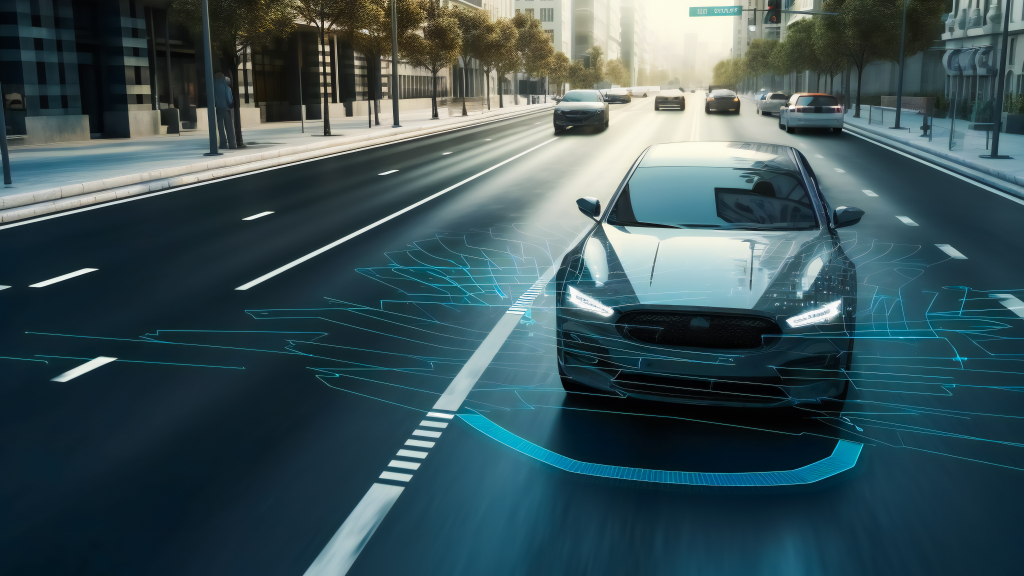
AI represents humanity's complex and relentless pursuit of solutions, driving us to adapt and learn how to coexist with increasingly intelligent machines. At AGC ARG, we closely monitor the evolving landscape that shapes the foundation of our business with partners like you. In a contradictory trend, AI is gaining ground, increasingly integrating into our lives, yet people still hesitate, and for good reasons. It’s not a matter of whether we use it or not—we use it without even thinking—but a matter of trust. While some tasks can be automated without concern, others can significantly impact our lives. Should we blindly trust machines to take care of their owners? And who is the owner—the company that built it or the customer who bought it?
The second question was answered by American farmers who battled against farm equipment manufacturer John Deere, which tried to block any intrusion into the software of their "smart tractor", claiming the software was proprietary and not open to customer repairs. This sparked a debate, ultimately favoring the customers and leading to the establishment of an EU law: the right to repair.
With the legal framework now in place and the rightful owner defined as the customer, the question moves forward, opening a reflection on our input into AI. The future of AI will undergo a relentless cycle of upgrades, but as the software and its role within our society evolve, the manufacturer will not be the only one impacting the product's life. With the right to repair comes the right to influence and rewrite its script to better fit our needs or recalibrate its functions.
In this vision, as our windscreen technology incorporates numerous AI services (ADAS, detection, autonomous driving, HUD, etc.), fitters and customers will have a significant impact on it. Thus, not only will customers benefit from the technology, but they will also, hand in hand with fitters and professionals, create feedback and input that will shape the next chapter of automotive AI. Updating and having a role in rewriting the rules and scripts of AI could lead to significant advancements in safety or an increasing array of services, allowing us to regain control over the machine rather than the other way around.
We have often written about the ever-expanding role of our fitters in the automotive world, as our windshield offerings go far beyond merely "shielding us from the wind." This new role could be crucial for our business, not only cementing it as a key element of the automotive landscape but also redistributing responsibilities in terms of R&D and automotive management. It could also extend the lifecycle of our cars on the road by keeping them "up to date."
All this points to a promising future where, despite the proliferation of machines, the solution remains "Human after all," to paraphrase Daft Punk—a perfect analogy for the relationship between robots and humans.

